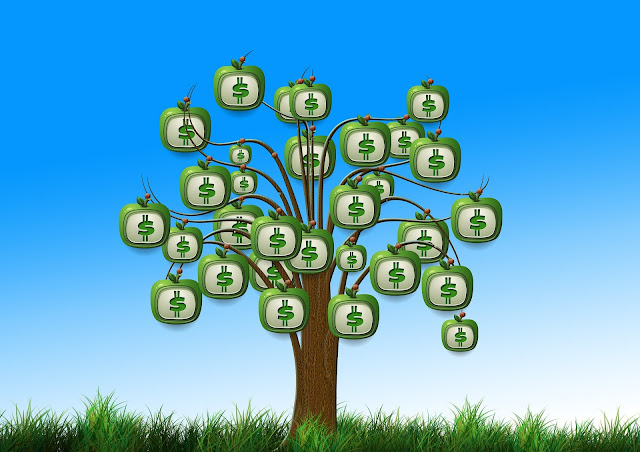Four Real Estate Terms You Should Know When Buying a Home
The terminology involved in the real estate market can be vexing for the newcomer, but if you're getting prepared to buy a home, there are a few terms you should take some time to learn. While it's hard to learn the ins and outs in one article, here's a good place to begin - four real estate terms you should know...
Amortization Period
Frequently, amortization period and mortgage term are used interchangeably. They are not the same, but with regard to the average U.S. mortgage loan, they’re typically the same number of years. Amortization is simply the length of time it will take you to pay off your mortgage loan by monthly mortgage payments. The mortgage term is the length of time you are committed to a rate and lender. So, in theory, you could choose (if it’s offered) a shorter mortgage term than amortization period. At the end of your mortgage term, your rate and lending conditions could be renegotiated. Since most U.S. conventional home loans spread the mortgage term out over the entire length of the amortization period, the important thing to keep in mind is that you’ll want to consider the length of amortization when loan shopping. Typically, a shorter term means lower interest rates and higher monthly payments, which will save you money in the end. While 25 years is the standard amortization period, it can vary.
Fixed Rate Mortgage
A fixed rate mortgage is one of the interest rate options you'll have, and this involves a stable interest rate that remains unchanged for the entire mortgage term. If you need to count on your monthly payment remaining each month, this is your safe bet.
Adjustable Rate Mortgage
The other option when it comes to mortgage interest rates is an adjustable rate, which means that
your monthly payment will fluctuate along with the prime market rate. These types of loans may seem appealing in a falling rate market. However, you’ll want to do your homework to make sure you completely understand the structure of your loan before signing on the dotted line. While it can save you in interest, it also has the potential of costing you significantly if the market takes a turn and interest rates rise. Closing Costs
Closing costs are a necessary “evil”. No one likes to pay them, but you can’t close the deal without them. Closing costs generally range anywhere from 2-5% and include items like loan administration costs, inspection fees, appraisals, and title insurance costs that come with the mortgage.
There are many terms out there involved in real estate, but by making yourself aware of a few and doing your research, you can better prepare yourself for the home buying process.






Comments
Post a Comment